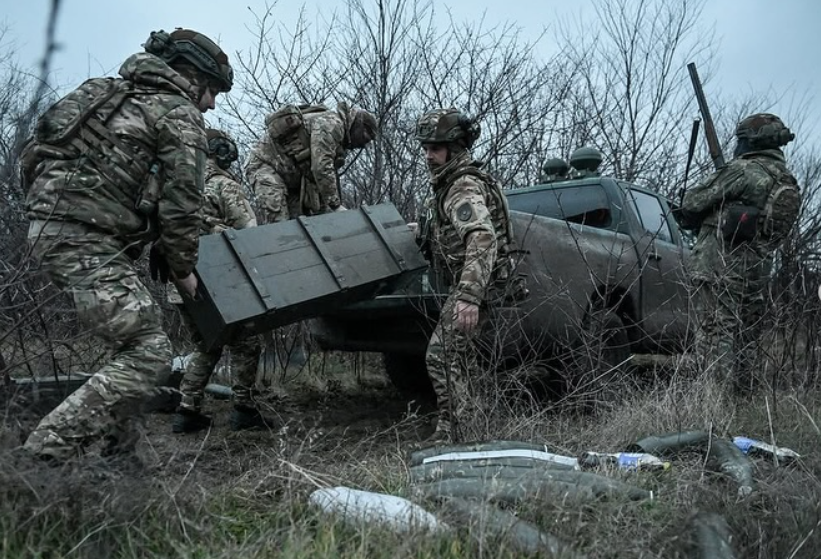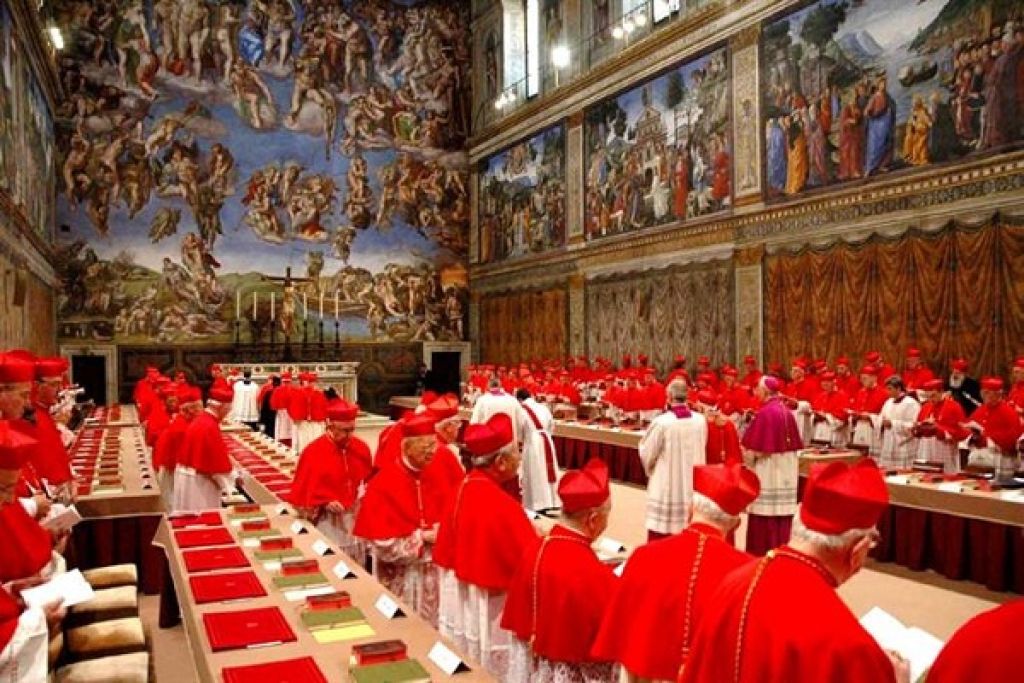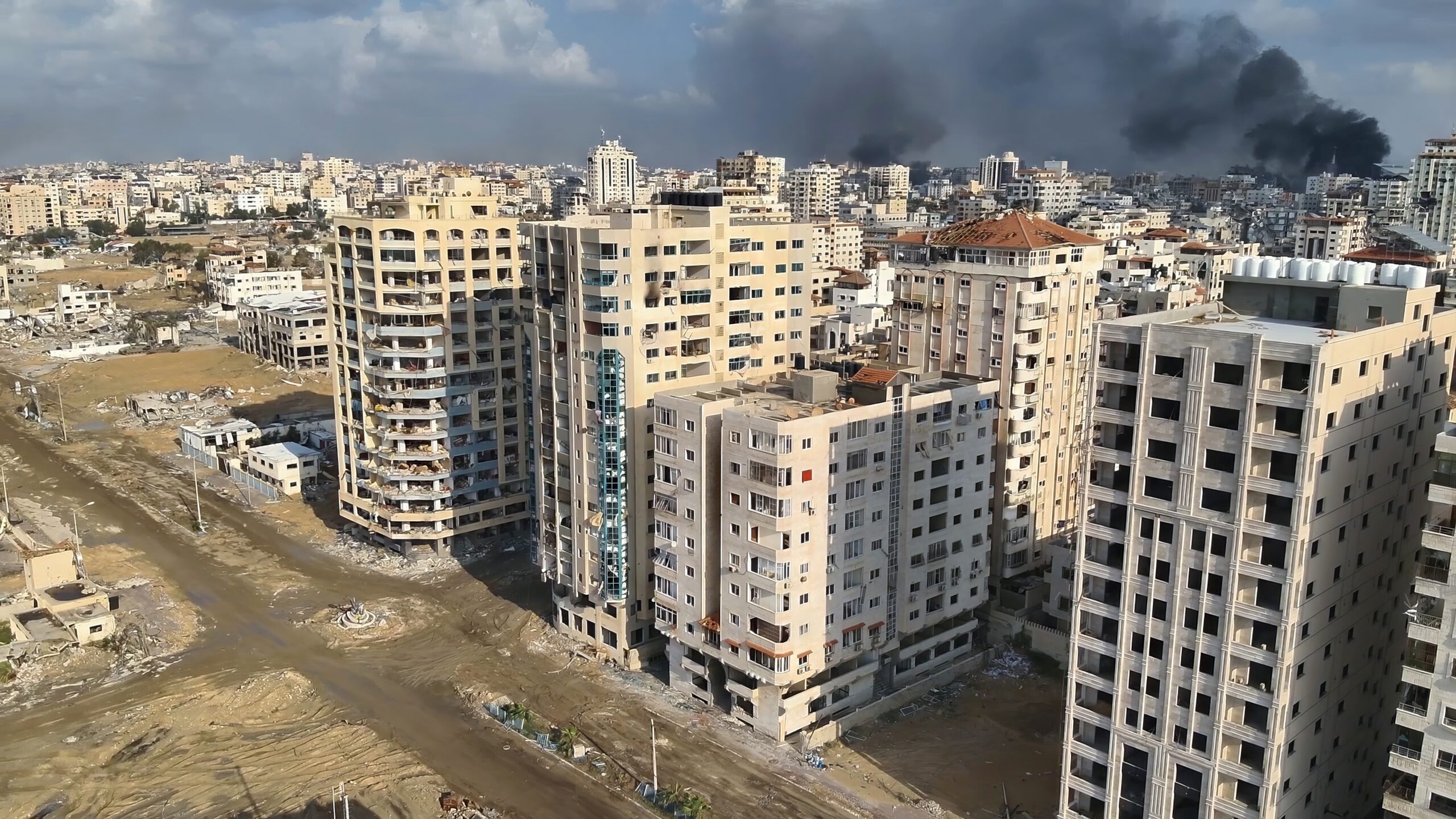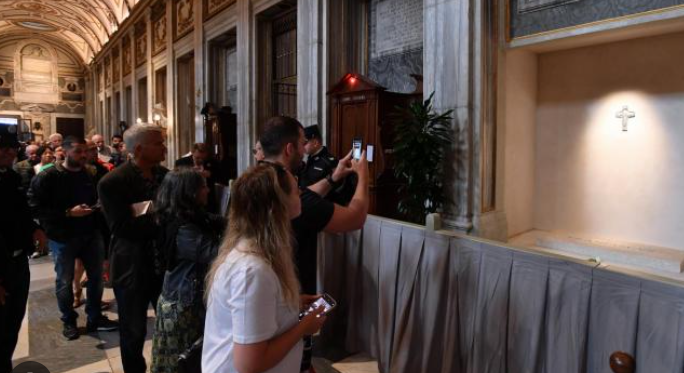[ad_1]
DUBAI (Reuters) – Emirates unveiled a preliminary order worth $15 billion for 40 Boeing (BA.N) jets on Sunday, but kept Europe’s Airbus (AIR.PA) waiting for a lifeline order for A380 superjumbos as the Dubai Airshow opened amid worries over tensions in the Middle East.
The largest Middle East carrier signed a draft deal for the largest version of Boeing’s Dreamliner, the 787-10, watched by Dubai Ruler Sheikh Mohammed bin Rashid al-Maktoum, credited for the launch of Emirates more than 30 years ago.
Reuters earlier reported Boeing was close to clinching a deal for 787-10s, upstaging expectations of an early Airbus deal for the larger A380.
Emirates chairman Sheikh Ahmed bin Saeed al-Maktoum said the carrier had chosen the latest version of Boeing’s mid-sized wide-body jet after comparing it with the Airbus A350.
Delegates said that comparison delivered a blow to Airbus which had been competing to win back Dubai’s endorsement for its mid-sized A350 after Emirates canceled an order for 70 in 2014.
Its problems did not end there as an anticipated order for A380 superjumbos worth $16 billion failed to materialize at the last moment, forcing it into further talks to finalize a deal.
Airbus has been looking for a boost to the A380 superjumbo, which after a decade in service has seen sales decline in favor of smaller but highly efficient long-haul jets.
Emirates had been expected to announce deals worth $30 billion shared between Airbus and Boeing, whose envoys unusually found themselves rubbing elbows while waiting for deals to pop.
But in a reminder of the unpredictable nature of the $100 billion industry, some Airbus officials stepped into the packed room for a joint announcement, only to see Boeing take the honors.
Top Airbus executives extended their stay as talks continued.
“Emirates are still talking to Airbus about it. There are no promises,” a Gulf source said.
TRADE-INS
A key to the deal could be the extent to which Airbus is prepared to buy back A380s due to leave the Emirates fleet.
“A few trade-ins will be involved,” a person familiar with the matter said.
Day one of the show brought $17 billion of civil orders even as business confidence in the region wobbles, but business remained relatively modest compared to the show’s peak in 2013.
A rift emerged in the summer between Qatar and Arab nations, including the United Arab Emirates.
That dispute has kept Qatar Airways, which four years ago ordered planes jointly with Emirates, away from the show.
Tensions deepened this month when Saudi Arabia, the region’s biggest economy, detained dozens of top officials in an unprecedented, sweeping corruption crackdown.
But Sheikh Ahmed said the Emirates 787 deal was proof that the region’s hub aviation model was working.
He highlighted the impact on jobs in the United States, where Gulf airlines are engaged in a dispute with domestic carriers who accuse them of using subsidies: a charge they deny.
“This is a long-term commitment that supports hundreds of thousands of jobs, not only at Boeing but throughout the aviation supply chain,” Sheikh Ahmed said.
“Our announcement today also speaks to our confidence in the future of aviation in the UAE and the region.”
In a sign of confidence in demand from premium travelers, Emirates unveiled first-class suites developed in co-operation with luxury car maker Mercedes-Benz.
Azerbaijan Airlines announced an order for five Boeing 787-8 Dreamliner jets and two freighters.
In exhibition halls, defense firms were bullish about their ability to bag contracts with the UAE and its Gulf Arab neighbors given rapidly escalating tensions with Iran.
“We have good chances of closing more contracts with forces here,” said Gabriel Ducroizet, sales manager with French firm Rafaut — which produces racks connecting bombs to warplanes.
The UAE announced a $1.6 billion deal with Lockheed Martin (LMT.N) to upgrade 80 F-16 jet fighters.
Additional reporting by Aziz El Yaakoubi, Noah Browning, Stanley Carvalho; Editing by Catherine Evans
[ad_2]
Source link






Leave a Reply